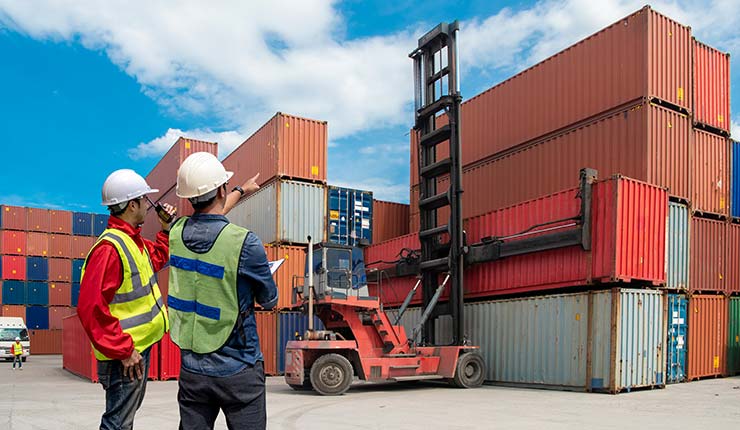
A Quick Solution For Your Business

SAP Transportation Management and SAP Yard Logistics
SAP Transportation Management and SAP Yard Logistics is the subject of our IgniteSAP blog post this week. It follows our recent discussion of SAP Extended Warehouse Management. We will look at the challenges of transport management resulting from the Covid-19 pandemic. Then we’ll discuss permanent changes that this has brought to the practice of transport management. After that we will explore training in implementation and maintenance of SAP TM systems. About how it brings increased prospects for high paying contracts, or long-term employment of SAP professionals with Systems Integrator consultancies.
The New Normal of Transportation Management
According to a report by the International Finance Corporation (part of the World Bank Group): Operational constraints [on logistics companies] are expected to lead to delivery delays, congestion, and higher freight rates. However, not all segments will be impacted equally—companies that serve e-commerce are seeing increased activity as consumers opt for online shopping of essentials, while those that serve other sectors (such as auto and consumer goods) will see a downturn.
The relationship between the various sub-sectors of the Logistics sector in this respect is not a simple one. However we can generalise to the extent that there will be winners and losers in the logistics market over the next few years as companies adapt to the new market conditions.
The Changing Transportation Management Market
These market changes are taking place on a background of accelerating demand for logistics provision over a longer time frame. This is due to a substantial increase in e-commerce. In a recent article by Forbes it was reported that FedEx had declared a net-income rise of 183% and earnings per share were up 175%.
On June the 4th Businesswire posted a summary of the ResearchAndMarkets.com report into the European contract logistics market:
“While the impacts of Covid-19 have been negative overall on the economy, certain sectors have seen significant growth in sales, such as grocery, retail and consumer electronics marking positive developments for the European contract logistics market in 2020. Owing to the rise in demand for more integrated services, data management and the preference for flexible solutions, the contract logistics market is expected to witness high growth.”
The report also states that outsourcing of logistics will increase. With this there will be more competition which we can see will result in a greater need for software and skilled operatives. People to administer to these systems, even among those companies who keep logistics in-house.
In Europe the primary reaction to the instability of supply chains was to shorten them. Traditional manufacturing centres such as France and Germany have moved to being more service-based economies. The manufacturing centres of choice are increasingly found in central and eastern Europe rather than Asia. This trend brings with it an increase in land-based freight. It follows that there will be an increase in demand for software services that cater for logistics provision. SAP is a leader in the Gartner Magic Quadrant for Transportation Management Systems for 2021.



